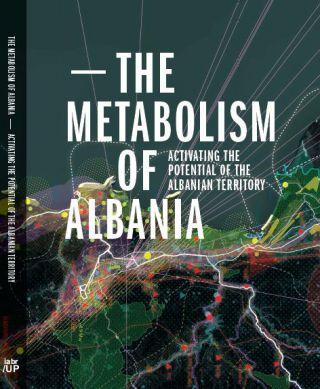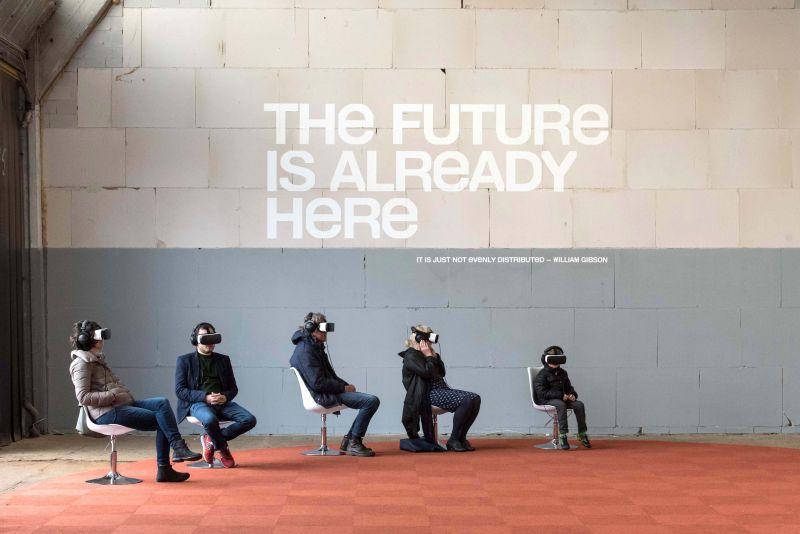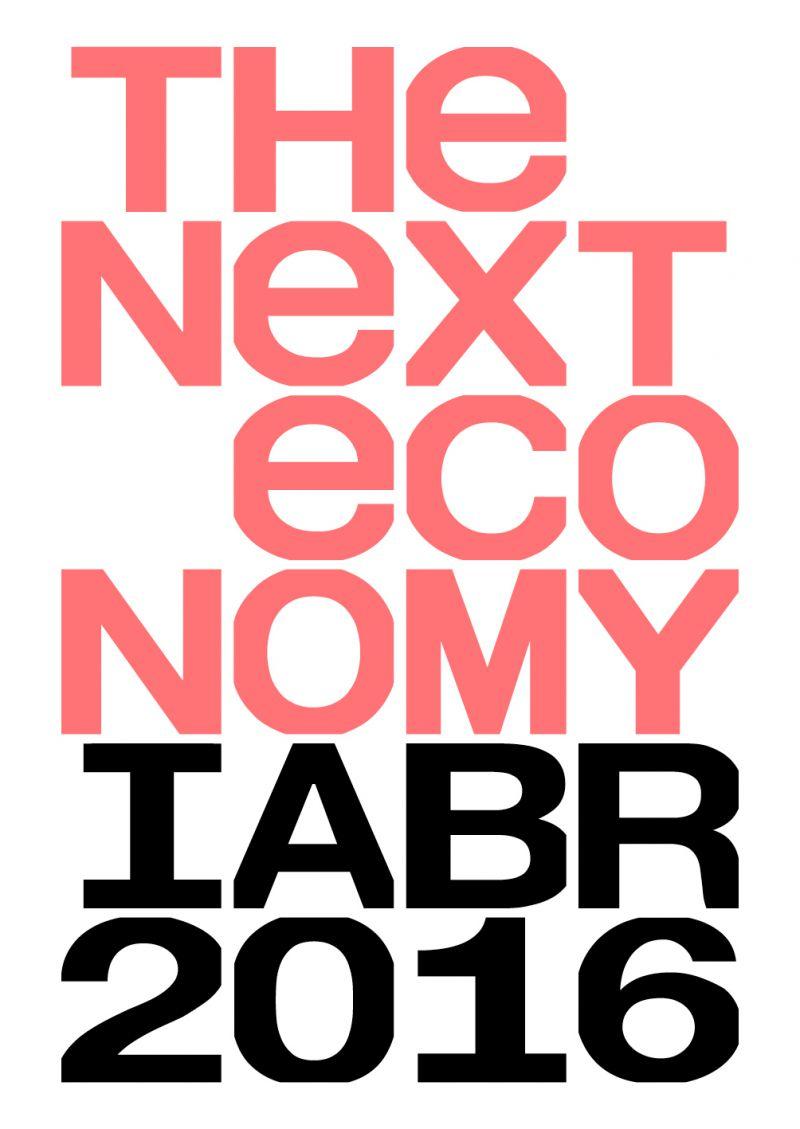Atelier Albania’s main ambition was to design a coherent sustainable economic development model for Next Generation Albania. Its first priority therefore was to activate the potential of Albania’s territory by re-imagining it in terms of its natural ecology: a coherent ecosystem with a metabolism made up of material flows, such as water, food, and energy, the country’s main natural resources.
Research
Atelier Albanië
2014 – 2016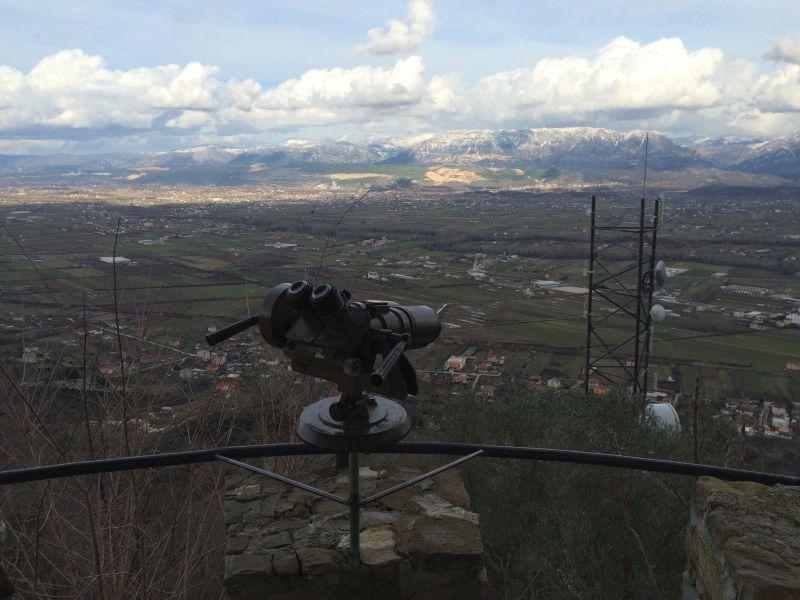
- Credits
The challenges in Albania are immense when looked at from the perspective of having to catch up with the rest of Europe. On the other hand, all nations now face the challenge of how to successfully make the transition to the next economy, to a green economy in a resilient post-fossil future. Could Albania not skip the catching-up phase, and focus instead on how to leapfrog into the twenty-first century? To be able to do so, Albania must develop its own vision and strategy on the basis of the unique characteristics, cultural values, and scenic qualities of the country itself, and frame them in a global context.
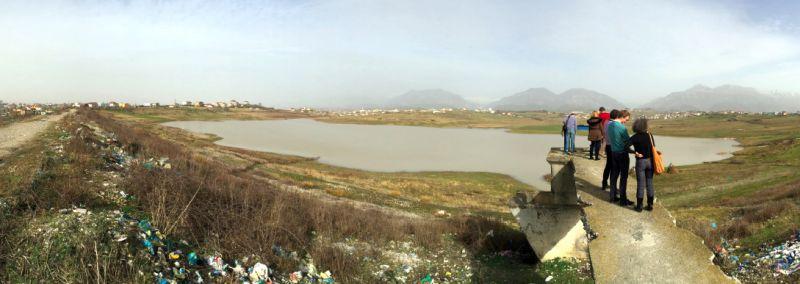
In a series of five intensive workshops fed by data research and analysis, field trips, mapping, presentations and lectures, and research by design in Albania and in the Netherlands, Atelier Albania - in close collaboration with Albanian partners - focused mainly on the material flows of food, water, and energy. The flows have been the raw material for a debate that time and again restarted the discussion of the way the different dimensions of our everyday surroundings mutually influence and potentially strengthen rather than weaken each other.
The research by design was set up concurrently with the data research. Albania was compared with other countries and regional conditions to map challenges, opportunities, and strategies that way and in a wider context as well. On a much smaller scale, on the other hand, possible testing locations were explored by means of concrete interventions.
In the last two workshops the results of data analysis, info graphics, and mapping were linked to the proposals that ensued from the research by design. This allowed us to identify the areas where multiple interests meet: by sharing considerations, bottlenecks, and potentials, a first step was made in reframing the problems to identify the critical projects that can strategically kick-start overlapping development opportunities.
The results of this study were presented to the Prime Minister and members of the Cabinet during the final workshop in Albania.
The results of The Metabolism of Albania should be further developed in Albania as regional development projects that will produce applicable results and trigger concrete investments on site. These projects will be effective both on the local and on the regional scale, and thus deliver important input for the ongoing and permanent evolution of the national plan. They can only be effective when an intensive process of capacity building on all administrative levels is part and parcel of the project itself. Work on the regional scale and the making of the National Plan by the Ministry of Urban Development will have to be coordinated in such a way that they have meaningful impact on each other. The projects on the regional level will connect the local to the national, and hence will drive an incremental learning by doing process that sees national planning as cumulative and necessarily adaptive.
